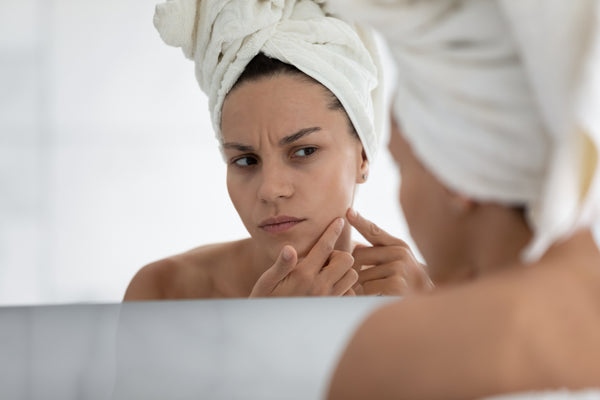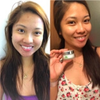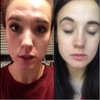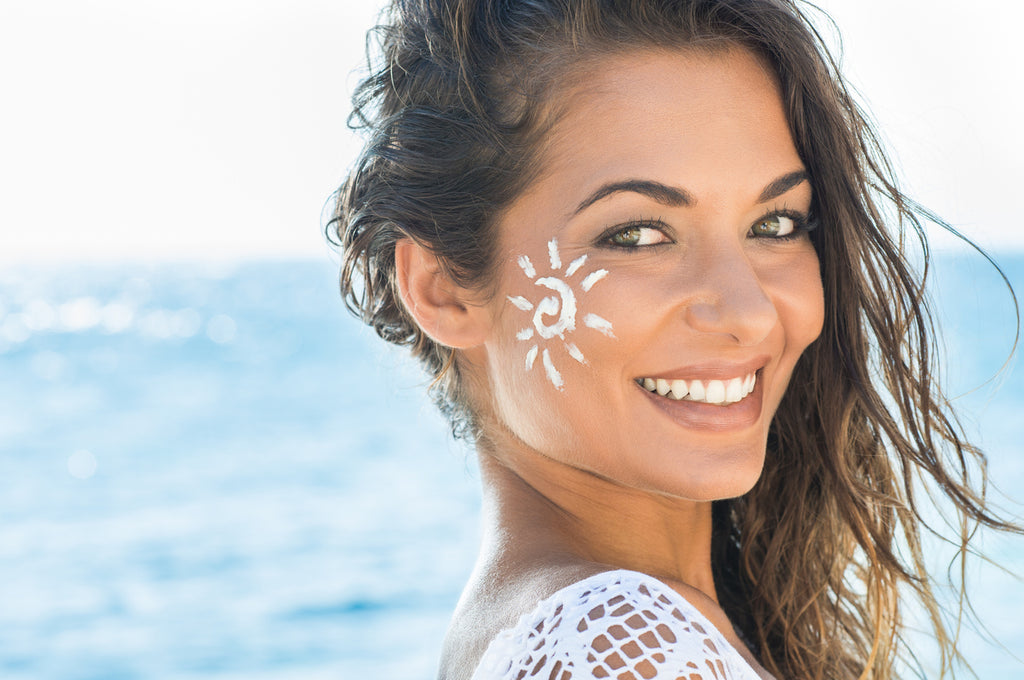Summer is almost upon us and that means it is time to replenish your sunscreen stock! Choosing the best sunscreen for the face can be hard, especially if you are prone to acne breakouts. This article will give you tips on what to look for when shopping for sunscreen for the face and how to determine which is the best one for acne-prone skin. It will also offer other tips for protecting your skin during the summer.
In addition, this article will introduce you to a new sunscreen product specially formulated for cancer patients and survivors but that can be a great option for those with sensitive skin.

Can Sunscreen Cause Acne?
There are two types of sunscreen for face formulas: chemical and physical. Chemical sunscreens usually have a thin consistency and absorb the sun's ultraviolet rays to protect your skin from them. Physical sunscreens are usually thicker in consistency and sit on your skin's surface to deflect the UV light. Chemical-formulated sunscreens may be the best sunscreen for acne-prone skin.
Some sunscreens and sunblocks that are thick in consistency or contain oils can play a role in clogging pores which can cause blemishes and acne breakouts. However, even if the product is non-comedogenic, it is formulated to not clog your skin pores, wear makeup, moisturizers, etc., and sweat and your skin's natural oils, in addition to sunscreen can result in acne breakout, too.

Tips on Choosing the Best Sunscreen for Face and Acne-Prone Skin
- Understand your skin type; Make sure to look for oil-free, non-comedogenic sunscreens.
- Pay attention to the sunscreen type. Chemical sunscreens that have a thinner consistency may be a better option for oily skin types.
- Cleanse your face (and body) well before applying sunscreen; Do not forget to repeat this process at the end of the day when your skin is no longer exposed to the sun.
- Always use an SPF level that best protects your skin from ultraviolet rays.
Some sunscreen ingredients can cause skin irritation that looks like acne. Consult your dermatologist with any questions or concerns about sunscreen products.
Body Rx Mineral Lotion Sunscreen SPF 30
This new product on the block by Oncoderm is a sunscreen that is specially formulated for cancer patients and survivors who may experience photosensitivity (or sensitivity to the sun). It is a clean broad-spectrum protection formula, which means it blocks both UVA and UVB rays and can be great for people with sensitive skin.
Body Rx is water-resistant and free of oil, fragrance, PABA, parabens, phthalates, and oxybenzone.
Oncoderm is a skincare and haircare company that designs and manufactures products specifically for cancer patients and survivors. Their products are made of medical-grade materials and are clean. Most importantly, they can be prescribed by dermatologists.
Photosensitivity is a common side effect in cancer patients and survivors due to chemotherapy and radiation treatments. The reaction is associated with phototoxic chemotherapy drugs. In a phototoxic reaction, these drugs absorb the sun's UV radiation, causing a change in the drug's chemical composition. This change results in the emission of energy that is harmful to your skin.
Here are some chemotherapy drugs that cause photosensitivity are:
- 5-FU (fluorouracil)
- Methotrexate
- DTIC (dacarbazine)
- Oncorvir (vinblastine)
- Taxotere (docetaxel)
- Adriamycin (doxorubicin)
- VePesid (etoposide)
- Gemzar (gemcitabine)
Some non-chemo medications that can cause sun sensitivity when used in combination with chemotherapy drugs are:
- Antibiotics
- Diuretics
- Benadryl
- Cardiac medications
- Antidepressants
- Diabetic medications
- Non-steroidal anti-inflammatory medications (NSAIDs)
If you are a cancer patient or survivor, speak with your oncologist about which medications exacerbate sun sensitivity with chemotherapy treatments.
Radiation treatments produce the same side effect in areas that are being specifically treated with them. Sensitivity to the sun from radiation treatments may last long term, sometimes for years after treatments have finished. Cancer patients and survivors that have undergone radiation treatments are at a higher risk of skin cancers, especially if they suffer from skin damage.

Other Tips to Protect Your Skin from the Sun
Whether you have acne-prone skin, sensitive skin, or photosensitivity, here are some ways you can protect your skin from sun exposure and harmful UV rays in addition to wearing a broad-spectrum sunscreen with an appropriate SPF level:
- Cover your head and face with wide-brimmed hats and sunglasses;
- Wear loose-fitting clothes that are long-sleeved and legged;
- Be diligent in reapplying your sunscreen every two hours, after swimming and drying off, and if you are sweating;
- Remember to apply sunscreen to your ears and the tops of your feet;
- Apply lip balms that have SPF to your lips during the summer;
- Avoid prolonged exposure to the sun during the peak times when its rays are strongest—10:00am-4:00 pm.








 Verified Purchase
Verified Purchase




